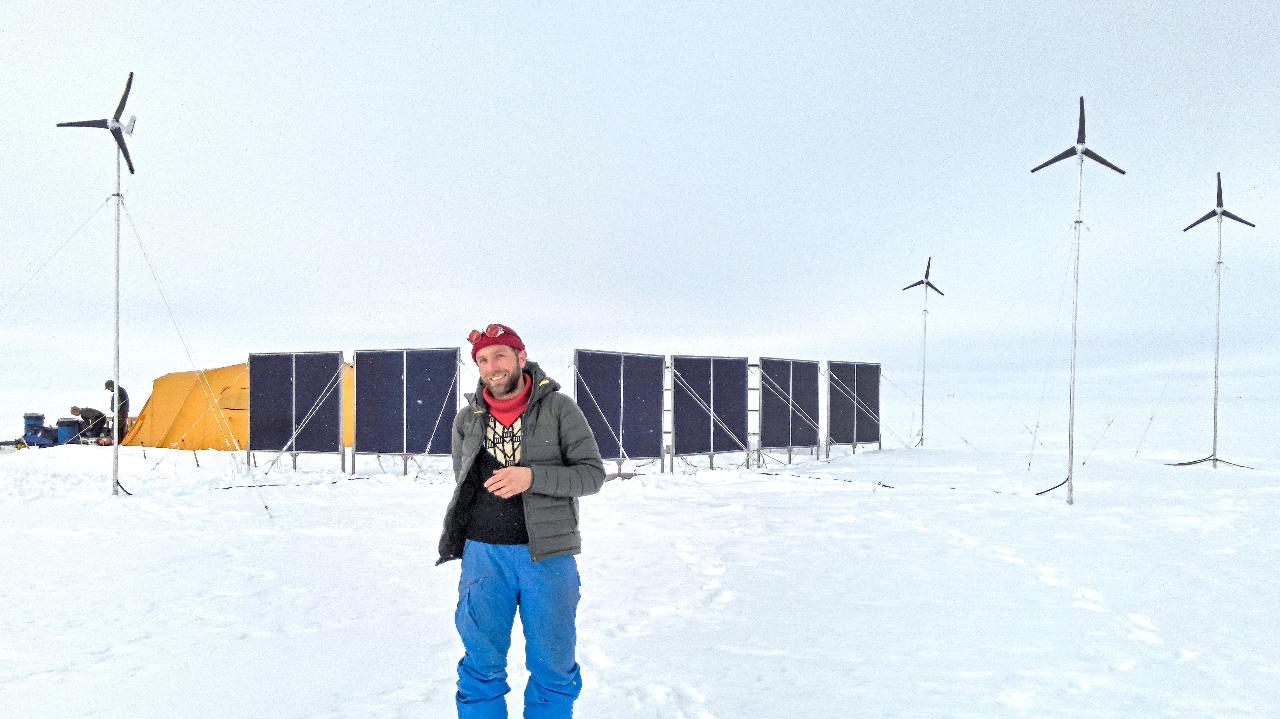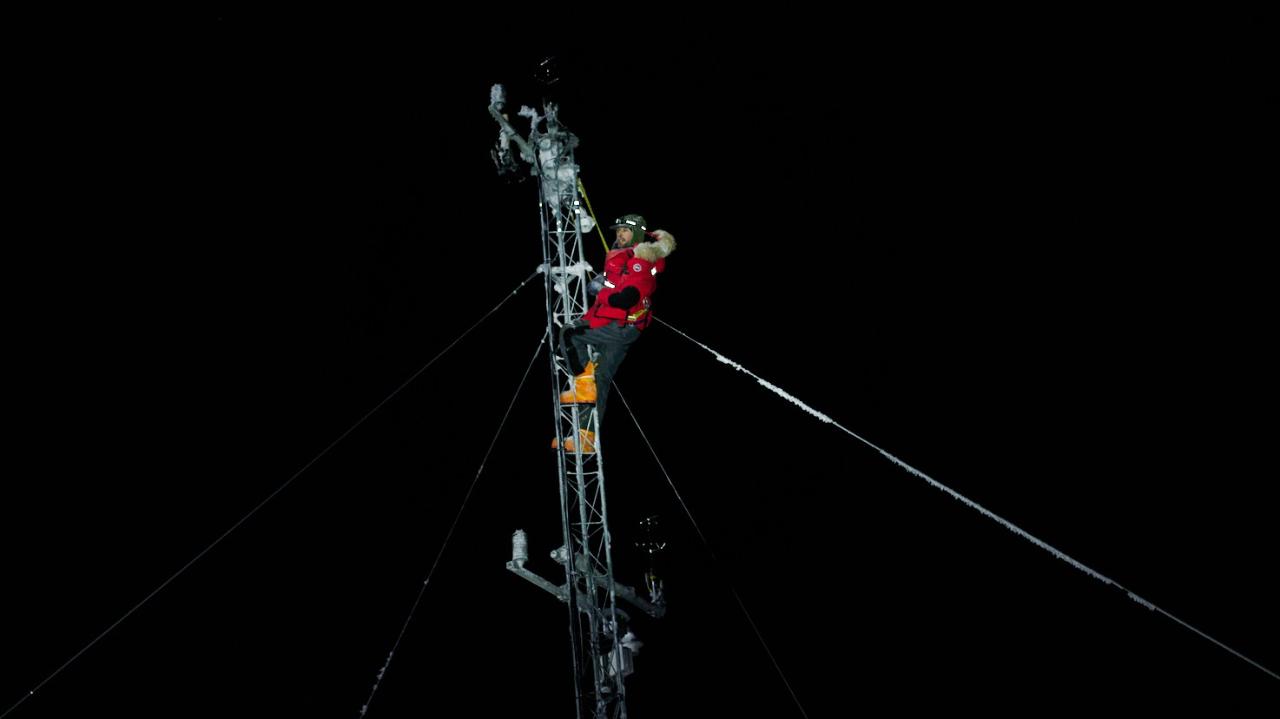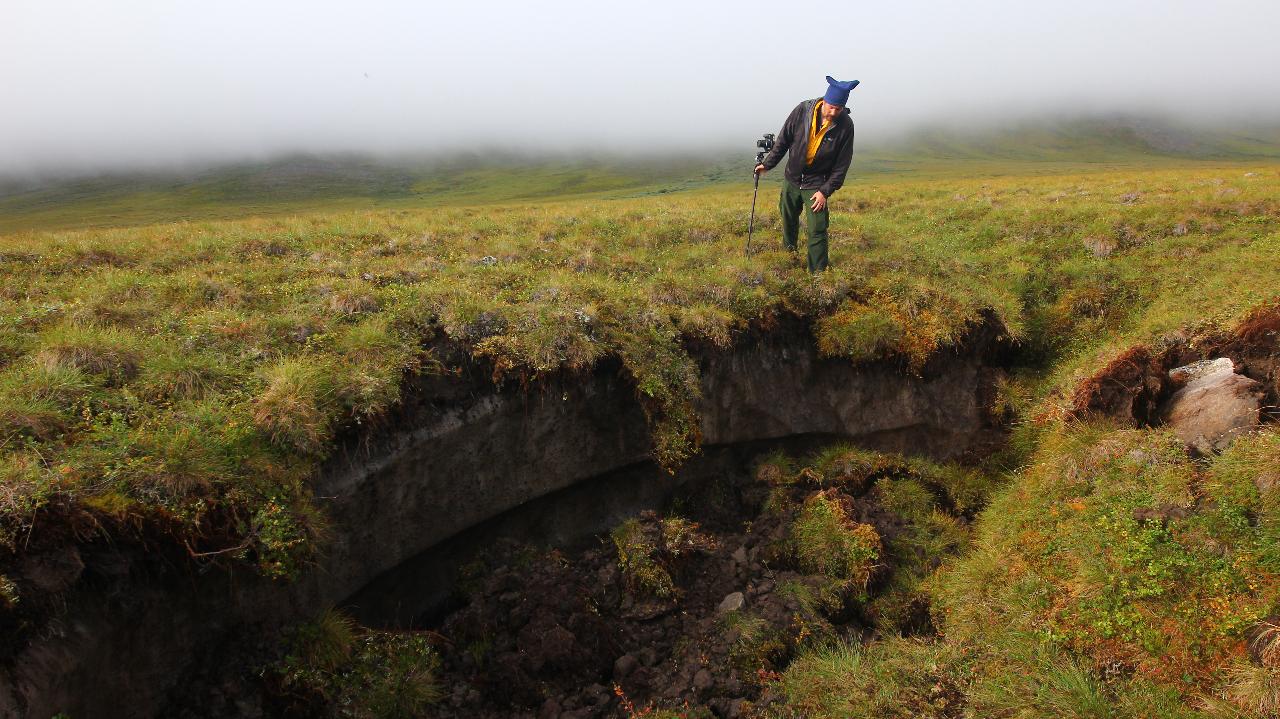Michael Gallagher
Research Scientist
- Ph. D., Atmospheric and Oceanic Sciences, CU Boulder, 2019
Research Interests
Michael Gallagher is a scientist at the Cooperative Institute for Research in Environmental Sciences (CIRES) at CU Boulder, affiliated with both NOAA Earth System Research Laboratory and the National Snow and Ice Data Center (NSIDC).
Since finishing his PhD he has worked primarily on in situ observations, data processing, and analysis, dedicating the majority of efforts to gathering high quality in situ atmospheric observations in the Arctic ice pack and on the Greenland ice sheet. Field projects include the MOSAiC drifting campaign, the AMOS buoy experiments in the Beaufort, and ICECAPS Greenland "MELT" campaign. When not in the field his research is generally focused on analyzing and understanding detailed physical processes in the atmosphere and their connections to the broader Arctic climate system.
Current Research
Science topics of interest include: Arctic climate and global impacts as well as local-scale drivers of melt and their implications. In more detail: energy budget, snowfall, moisture budgets, net Greenland mass balance, central Arctic sea-ice extent, and microphysical processes such as cloud formation and boundary layer turbulence and their broad connections to global atmospheric transport. Engineering topics of interest include: in situ observation platforms/hardware, applications of machine learning algorithms, and software development for data processing. And puffins.
Outside of specific science topics Dr. Gallagher believes contributing scientific and engineering expertise towards the three following goals is critical to understanding the Arctic and its changing climate (1) improvements in quality, cost, and size, of in situ platforms that make observations of socially relevant climate phenomena using expertise across multiple domains of expertise from across research domains. (2) advancements in data processing methods and algorithmic techniques to better utilize observations (3) production of quality near-realtime datasets and post-processing to enhance uptake for the improvement of internal model physics of forecasts and climate projections
Research Categories
Atmosphere, Climate and Weather, Cryosphere, Energy, Water ResourcesResearch Images
to
Invalid date -Sponsors
CECA Member
-
May 15, 2019P.I.(s)
About CECA
CECA connects and creates a supportive environment for graduate students and postdocs who come from various academic units to do research in CIRES.


